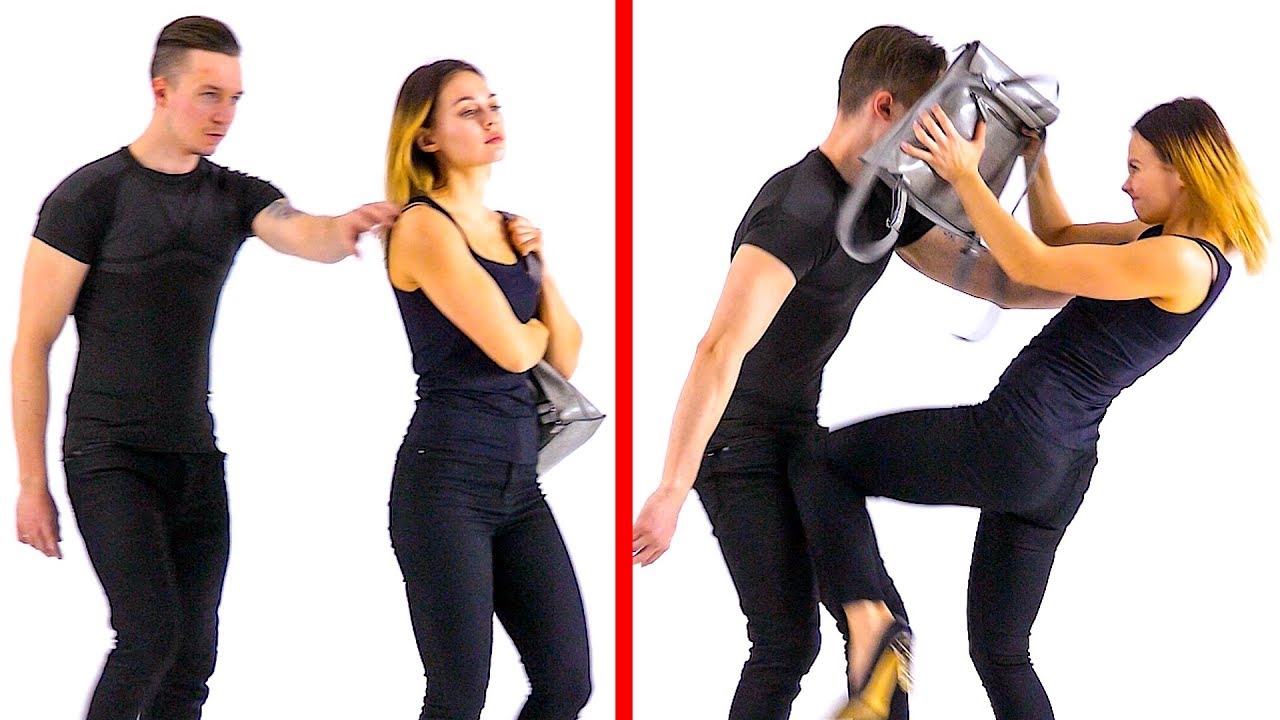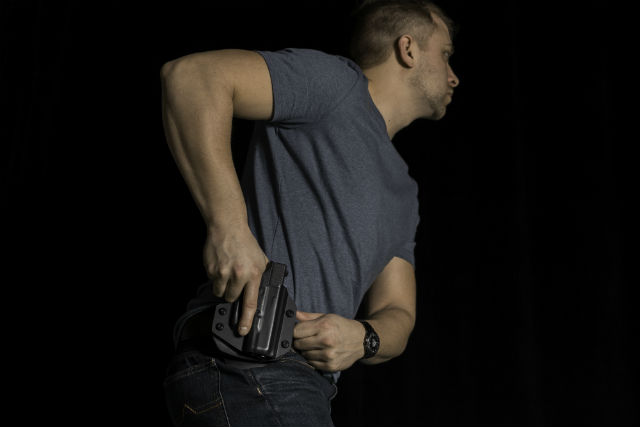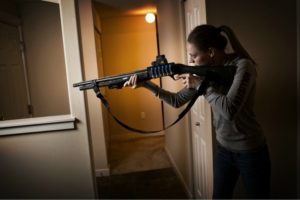Immediate Aftermath:

Contact Authorities: Immediately call 911 or your local emergency number. Clearly state that you acted in self-defense and provide as much information as you can. Stay on the phone and follow any instructions given by the dispatcher.

Secure the Scene: If possible, try to secure the scene of the shooting. Make sure the firearm and any other weapons are out of reach. Do not touch or move anything, as it could potentially contaminate the evidence.

Cooperate with Police: When the police arrive, cooperate fully with their investigation. Be honest and forthcoming about what happened. Provide any evidence you have, such as the firearm, spent cartridges, or clothing worn during the incident.
Legal Process:
Self-Defense Laws: Self-defense laws vary from state to state, but generally, you have the right to use deadly force to protect yourself or others from imminent danger of death or serious bodily harm. These laws typically require you to retreat if possible and only use deadly force as a last resort.
Investigation: The police will conduct a thorough investigation to determine if your actions were justified under the law. They will collect evidence, interview witnesses, and may request an autopsy if the person you shot died.
Charges: Depending on the circumstances, you may face criminal charges, such as manslaughter or homicide. However, if the investigation concludes that you acted in self-defense, the charges may be dropped or you may be acquitted at trial.
Civil Lawsuits: Even if you are not criminally charged, you may still face civil lawsuits from the family of the person you shot. These lawsuits can seek compensation for damages such as wrongful death, pain and suffering, or loss of income.
Personal and Psychological Impact:
Emotional Distress: Shooting someone, even in self-defense, can be a traumatic experience. You may experience guilt, anxiety, depression, and post-traumatic stress disorder (PTSD). Seeking professional counseling or therapy can help you cope with these emotions.
Social Stigma: Individuals who have shot someone in self-defense may face social stigma and negative reactions from their community. It is important to remember that you acted within your rights and should not be ashamed of your actions. Seek support from friends, family, and professionals who understand what you are going through.
Financial Consequences: Depending on the circumstances, you may face legal fees, court costs, and potential restitution to the victim’s family. These expenses can be significant and can have a long-term impact on your financial stability.
Remember that every self-defense situation is unique and the specific legal, personal, and psychological consequences will vary. If you find yourself in a situation where you need to use deadly force in self-defense, it is crucial to seek legal counsel and professional support to navigate the aftermath effectively.






